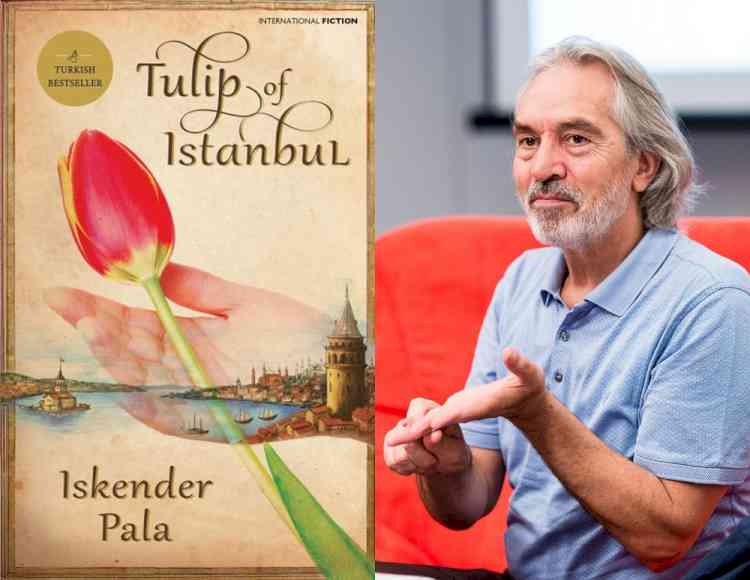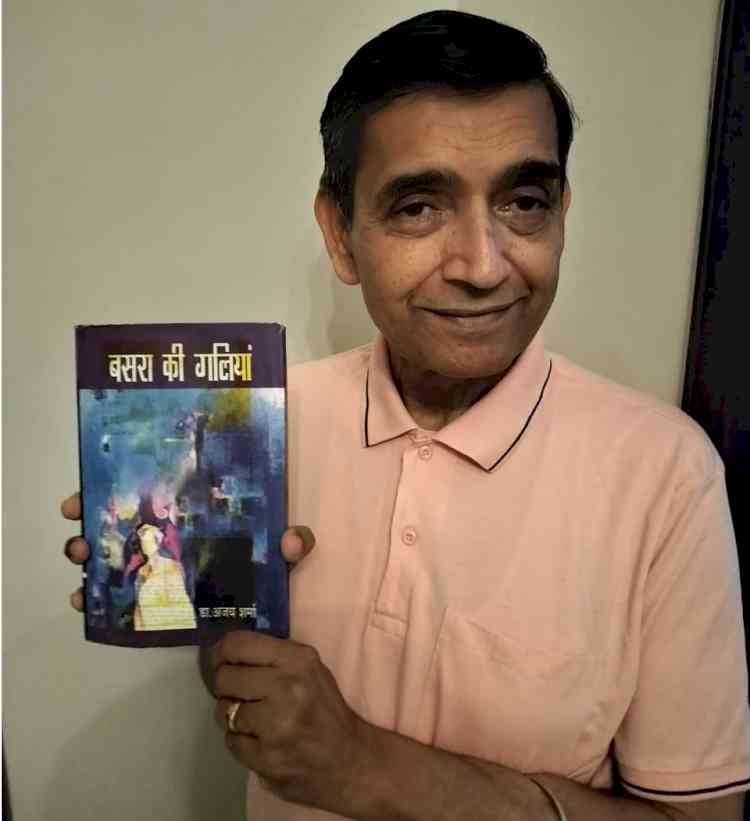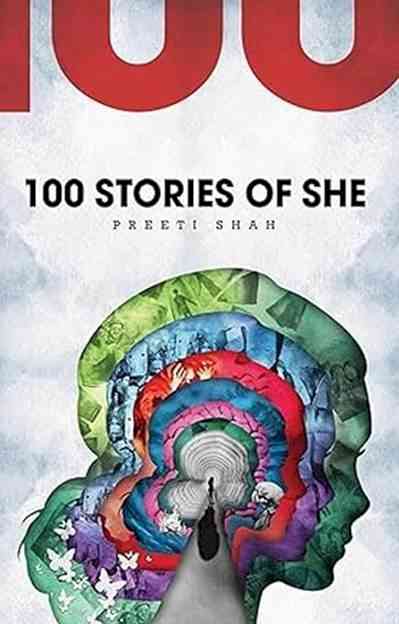A bewitching tapestry of Istanbul's splendour and vices
At a time when Turkey is walking the tightrope in attempting to revive its lost glory comes a historical novel depicting the Ottoman Empires most glorious times in art and aesthetics, elegance and grandeur of dreams. At the same time, it was an era of splurge and wastage, of economic and social collapse.

New Delhi, Feb 8 (IANS) At a time when Turkey is walking the tightrope in attempting to revive its lost glory comes a historical novel depicting the Ottoman Empires most glorious times in art and aesthetics, elegance and grandeur of dreams. At the same time, it was an era of splurge and wastage, of economic and social collapse.
Known as the Tulip Age, this period saw in 1730 a great public revolt which changed the course of Turkey's destiny.
Iskender Pala's "Tulip of Istanbul" (translated by Ruth Whitehouse/Niyogi Books) begins with the story of a young man who finds his beautiful wife murdered on their wedding night. What is more perverse, the innocent young man is charged with the murder of his wife and thrown into prison. In order to prove his innocence and to find the murderer of his lover, his only clue is a tulip bulb that he found in the palm of his dead wife.
But he has a secret identity, which he was initially unaware of � he is a prince, a sultan's son, who has grown up outside the palace. An intrigue develops in the power circle about his rumoured existence.
Iskender Pala creates a bewitching tapestry of the splendor's and vices of Istanbul at a time when the world was still in thrall to its military, political, and artistic achievements. Interwoven in the story are historical and cultural details, introducing the reader to life within royal palaces and dervish lodges, horticultural secrets about growing exclusive tulips, innovative treatment for the mentally unstable in the asylum, torture devices in the prison, and conspiracies hatched in coffee houses and hamams (baths) by disaffected revolutionaries and gangsters.
Commenting on the book, Trisha Niyogi, COO & Director, Niyogi Books, says: "Reading literature from different countries across the world in translation helps us to perceive the changing world, engaging us with the cultural exports of other countries, thus enabling us to understand the world as it is today, and also the shared history that brought us here.
"The historical connections between India and the Turkish Republic have been long and strong. Hence, we believed that a good piece of literature in translation from the Turkish original would be of great interest to the Indian readership. Niyogi Books, thus, takes pride in presenting its first International Fiction in translation, and we aspire to add more to this series, bringing to our readers a vast body of literature in translation from different corners of the world. "
The book "has a universal message about freedom and living a fulfilling life. Along with the immersive cultural background of the book, set in the Ottoman Empire during the 18th century, which is fascinating, the heartfelt story carries the reader into another world that is mesmerising to explore", Trisha Niyogi added.
Iskender Pala (b. 1958) has a Doctorate in Ottoman Divan Literature and teaches at Kultur University. He was given the title �The People's Poet' by popular vote and was granted the 2013 Presidential Culture and Arts Grand Award in literature.
Ruth Whitehouse has a PhD in Modern Turkish Literature from SOAS, London. Her published translations include several books and a number of short stories in different anthologies.


 IANS
IANS 










